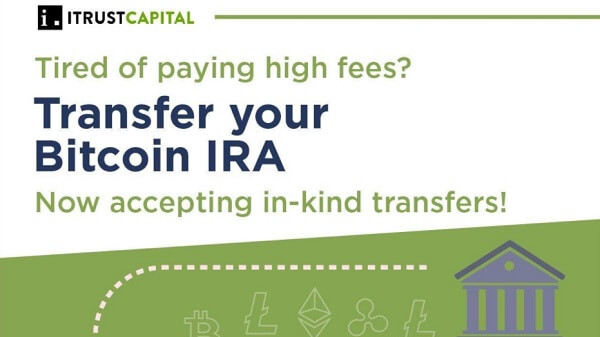
A UK High Court judge has dealt a crushing blow to computer scientist Craig Wright’s long-standing claim to be Satoshi Nakamoto, the pseudonymous creator of Bitcoin.
The ruling, published on May 20, 2024, by Justice James Mellor, concludes that Wright lied “extensively and repeatedly” and committed forgery “on a grand scale” in his quest to prove his identity as the enigmatic figure behind the world’s first decentralized digital currency.
TLDR
A UK judge has ruled that Craig Wright lied “extensively and repeatedly” in his claim to be Satoshi Nakamoto, the creator of Bitcoin
The judge found that Wright forged documents “on a grand scale” to support his false claims
Wright has abandoned multiple lawsuits connected to his claim since the initial oral ruling in March
The ruling prevents Wright from bringing further lawsuits in the UK based on his claim to being Satoshi Nakamoto
While the ruling is limited geographically, it may be persuasive to courts in other countries addressing Wright’s IP claims over Bitcoin
The judgment comes as the culmination of a six-week trial earlier in the year, which was part of a civil lawsuit brought against Wright by the Crypto Open Patent Alliance (COPA), a nonprofit consortium of crypto companies.
COPA sought a declaration from the court that Wright is not the creator of Bitcoin, aiming to prevent him from pursuing multiple lawsuits against Bitcoin developers and other parties based on this claim.
Throughout the trial, Wright was presented with hundreds of alleged indications of forgery in the documents he submitted as evidence.
Despite his attempts to justify the abnormalities, the judge remained unconvinced. In his ruling, Justice Mellor stated,
“It is clear that Dr. Wright engaged in the deliberate production of false documents to support false claims and use the Courts as a vehicle for fraud.”
The implications of this ruling have been swift and far-reaching. In the weeks following the initial oral verdict delivered on March 14, Wright has abandoned several lawsuits that were either connected to or built upon his claim to being Satoshi Nakamoto.
These include an appeal of a lawsuit in Norway against crypto influencer Magnus Granath, as well as a lawsuit accusing Bitcoin developers of violating their fiduciary duties by refusing to help Wright’s company recover allegedly lost bitcoins.
While the ruling is a significant victory for COPA and the wider crypto community, its geographical scope is limited to the UK.
This leaves open the possibility for Wright to continue pursuing his claim to intellectual property rights over Bitcoin in other legal jurisdictions.
However, legal experts suggest that the general principles of copyright, which are largely harmonized under international agreements, may make the COPA ruling persuasive to courts in other countries when addressing Wright’s claims.
The future of Wright’s legal battles remains uncertain, with some speculating that his ability to continue pursuing his claims will depend on the availability of funding.
The source of Wright’s financial backing has been a topic of speculation, with allegations that online gambling tycoon Calvin Ayre has been financing his various litigations – a claim Wright has denied.
As the dust settles on this landmark ruling, the crypto community is hopeful that it will discourage Wright from pursuing further legal action based on his claim to being Satoshi Nakamoto.
The completeness of the judge’s findings against Wright, and the resulting damage to his credibility, may prove to be a significant deterrent. However, as COPA’s chief legal officer, Paul Grewal, notes,
“It’s very hard for any court to craft a judgment that prevents a committed party from repeating bogus claims.”
The Craig Wright saga has been a long and tumultuous one, casting a shadow over the cryptocurrency space for years.
While this ruling may not put an end to the matter entirely, it represents a significant step towards clarity and truth in an industry that has often been plagued by fraud and deception.





 Bitcoin
Bitcoin  Ethereum
Ethereum  Tether
Tether  XRP
XRP  USDC
USDC  Solana
Solana  TRON
TRON  JUSD
JUSD  Dogecoin
Dogecoin
Be the first to comment